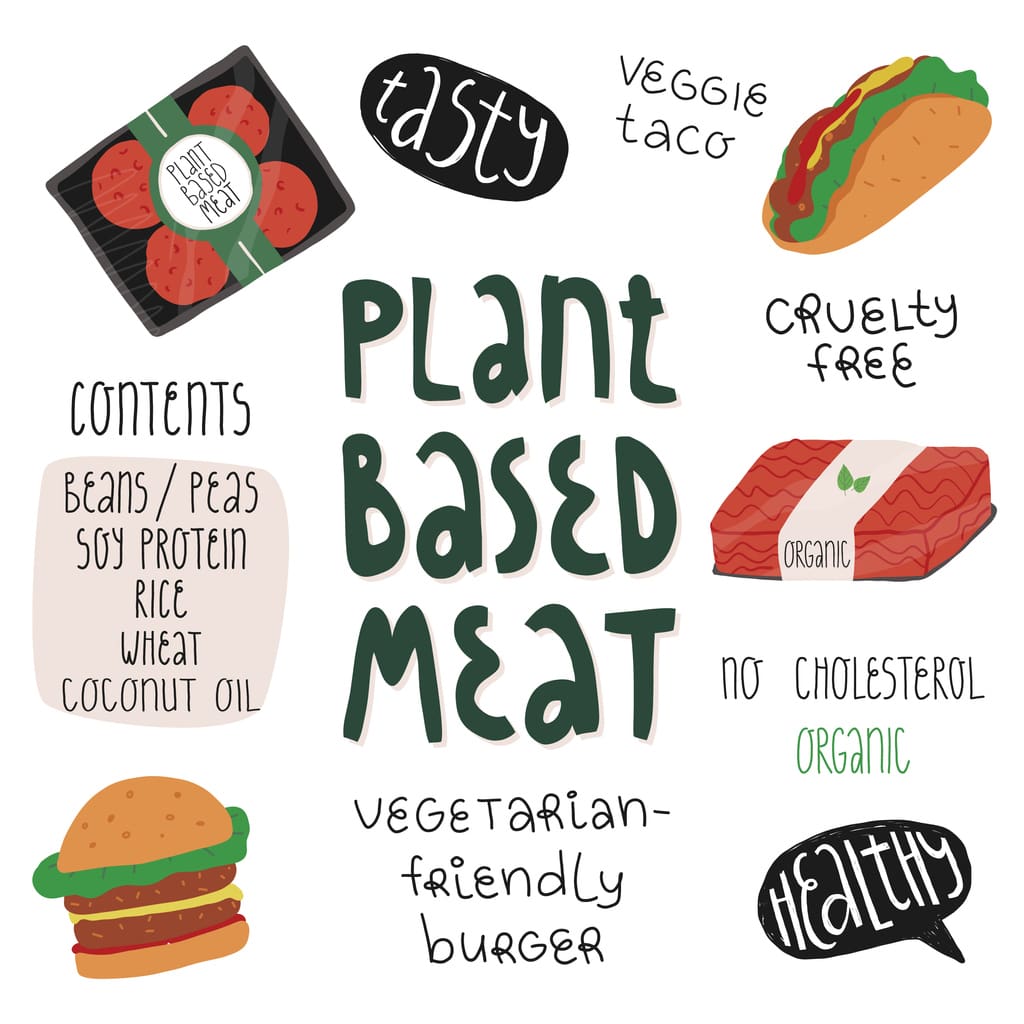Have your say before government consultation ends December 3rd
Canada’s plant-based food sector is booming but proposed government regulations may hamper the industry’s growth.
The Canadian Food Inspection Agency (CFIA) has launched a consultation on new, proposed guidelines for the labelling of “simulated” meat products and certain plant-based protein foods.
The guidelines require non-meat foods formulated to resemble and substitute for meat products to have the same nutritional components as the animal-based products. Such non-meat products must meet a meet minimum protein content, fat content and vitamin/mineral requirements of the meat product it is intended to substitute.
Yet, there is no need for meat substitutes to have the same nutritional profiles as meat products, as long as nutritional information is on the label. Consumers can compare products based on their individual and unique nutritional profiles, judging for themselves whether a product contains the levels of protein and other nutrients they are seeking. Making it mandatory for plant-based food companies to meet these requirements could unnecessarily increase costs, reducing production and investment incentives in the industry.
The guidelines also require that the word “simulated” appear on the labels of these products and be “shown in letters of at least the same size and prominence as those used in the remainder of the common name.” So, for example, a plant-based substitute for meatballs would need to say “simulated meatballs” on the label.
These requirements are also unnecessary, as consumers would understand labelling that uses terms such as “contains no meat” or “meatless” more easily than “simulated” (which also suggests it is an inferior product). A product that is labelled “meatless steak” would cause no confusion for consumers and does not need to be described as “simulated.”
The proposed guidelines also introduce a new category of non-meat product, described as “other products which do not substitute for meat or poultry” and which “are not aiming to be like a meat product.” These include products such as veggie burgers, tofu burgers, Portobello mushroom burgers, lentil loaf, and soy patties. They would not be required to have “simulated” on the label or have a nutritional profile similar to a meat product, as long as they are not being represented as substitutes for meat or poultry.
VHS is urging Canadian consumers to take part in the CFIA’s consultation, which finishes December 3rd, and let the agency know that these regulations could be burden on Canada’s growing plant-based food industry. The consultation includes a survey that give consumers an opportunity to comment on the guidelines and make these points:
1) Plant-based burgers, sausages, etc. should NOT be subject to fortification and compositional requirements so that they are nutritionally similar to meat or poultry products. As long as nutritional information is provided on the label, consumers can decide if the product meets their dietary needs.
2) It is NOT challenging to distinguish meat and poultry products from products that are not made of meat or poultry. The term “simulated” may actually further confuse people.
VHS believes Canadian consumers are not confused by plant-based products that are presented as meat substitutes, as long as the labelling indicates there is no meat in the product and provides a list of ingredients along with nutritional information. Our view is: Let the consumer decide.

